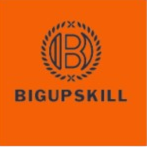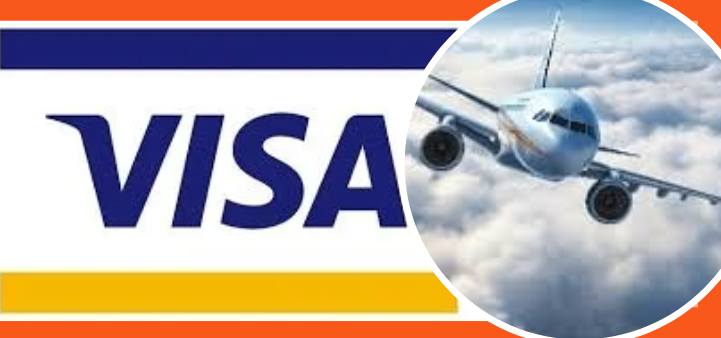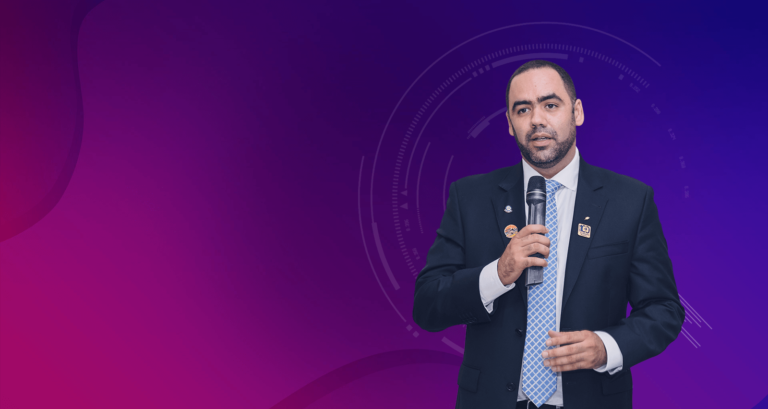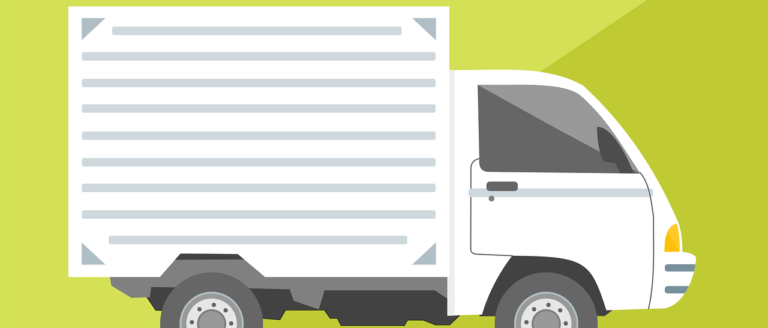
Common Questions from the US about Personal Finance in Ghana
Common Questions from the US about Personal Finance in Ghana present a blend of traditional practices and modern banking systems. This article delves into key aspects of Ghanaian finance, including banking practices, saving methods like “susu” groups, cultural influences on financial decisions.
What are the common banking practices in Ghana?
Ghanaians rely extensively on traditional banking services such as current accounts, savings accounts, fixed deposits, and loans to manage their finances. With the growing popularity of mobile banking, consumers may now access financial services through their phones
How do Ghanaians typically save money and invest for the future?
- Ghanaians often save money through informal savings groups known as “susu” or “tontines,” where members contribute regularly and take turns receiving lump sums. Additionally, investing in real estate, stocks, mutual funds, and government bonds is common for those looking to grow their wealth over time.
Are there any specific cultural or traditional financial practices in Ghana that differ from the USA?
- Yes, cultural practices such as extended family support systems and community-based lending schemes play a significant role in shaping financial decisions in Ghana. These communal structures often influence how individuals manage their finances and plan for the future.
What are the prevalent sources of income for individuals in Ghana?
- In Ghana, sources of income vary widely and can include salaries from formal employment, profits from entrepreneurship or small businesses, remittances from family members abroad, agricultural activities, and income from informal sector jobs.
How does taxation work in Ghana, and what are the key differences compared to the USA?
- Taxation in Ghana includes income tax, value-added tax (VAT), corporate tax, and customs duties, among others. The tax rates and regulations differ from those in the USA, impacting how individuals manage their finances and plan for taxes.
Are there any government programs or initiatives aimed at promoting financial literacy and inclusion in Ghana?
- The Government of Ghana has various initiatives focused on enhancing financial literacy and inclusion among its citizens. Programs like financial education campaigns, microfinance schemes, and regulatory efforts aim to empower individuals with knowledge on managing their finances effectively.
What are the primary obstacles that Ghanaians confront when it comes to managing their own finances?
- Common challenges include limited access to formal banking services in rural areas, high levels of informal borrowing with associated high interest rates. Inadequate financial education among certain segments of the population, and vulnerability to economic shocks.
How do Ghanaians approach budgeting and managing expenses on a day-to-day basis?
- Budgeting often involves prioritizing essential expenses such as food, housing, education, and healthcare. While also considering savings goals and discretionary spending. Many Ghanaians rely on cash transactions for daily expenses but increasingly use digital payment methods for convenience.
Common Questions from US about Personal Finance in Ghana reveal a blend of traditional and modern financial practices. Taxation differs from the U.S., impacting financial planning. Despite challenges, the government is promoting financial literacy. Budgeting involves prioritizing essentials and increasingly using digital payments, making understanding Ghanaian financial practices essential for effective money management.






